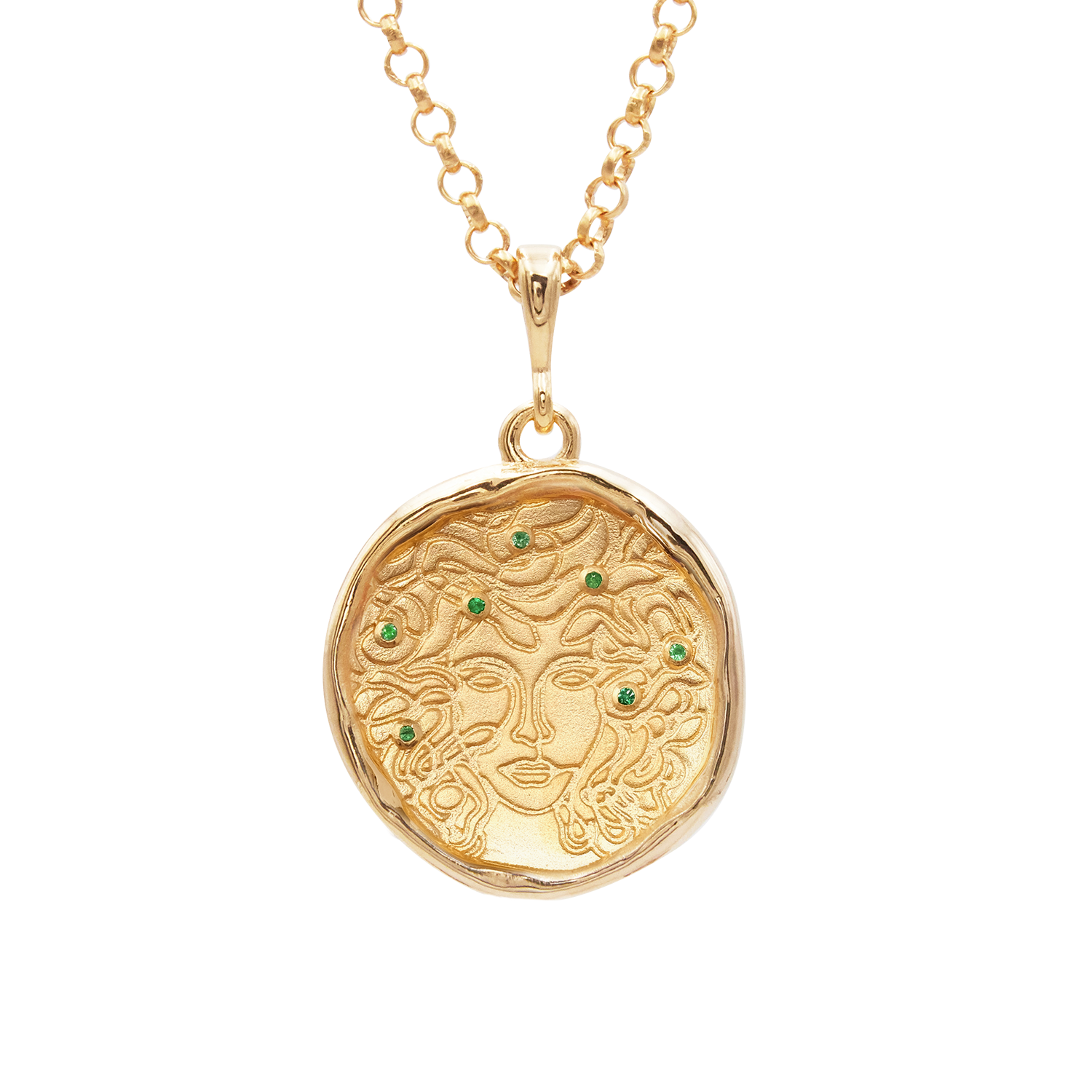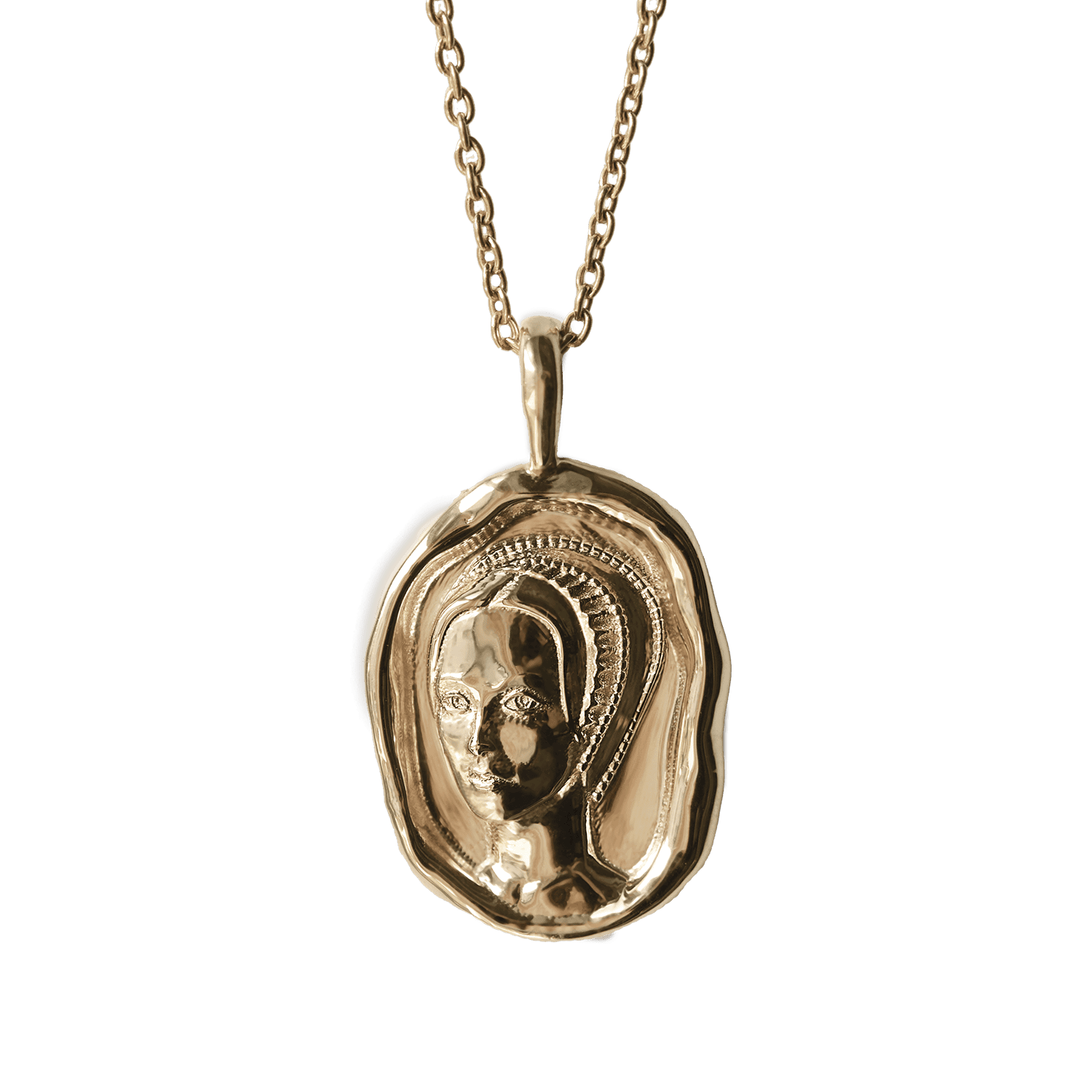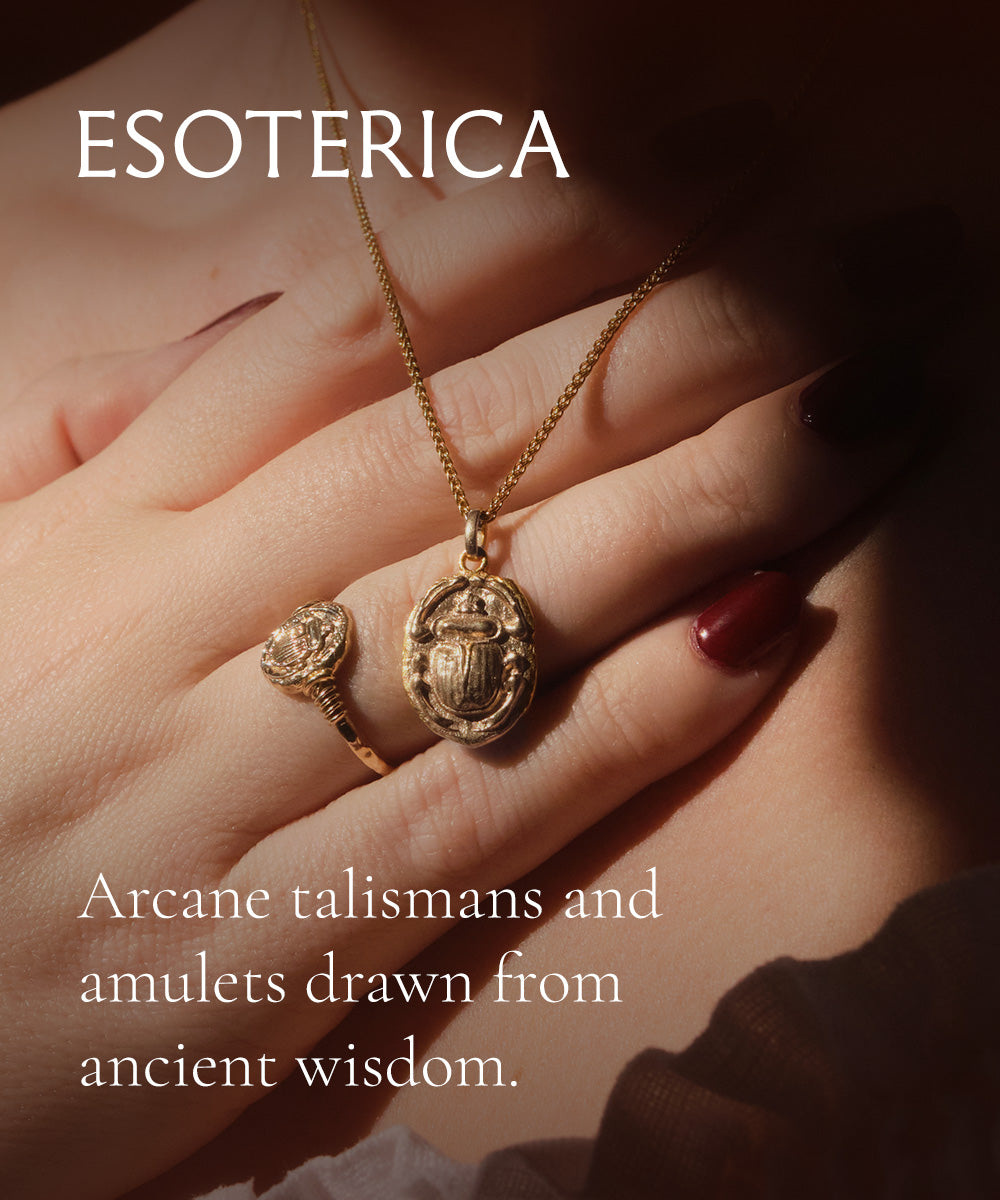Persephone is, being that deathless goddess of waxing spring and waning autumn, a symbol of renewal.
After Orpheus, son of Calliope and uncommonly talented musical savant, lost his nymph bride Eurydice to a fatal snakebite, his search for her (for love, for meaning, for justice) led him beyond the lands of the living into those fog-shrouded, blue-gray meadows of Asphodel. Over the Styx and past the banks of fiery Acheron, he supplicated to Persephone for the years stolen from his wife.
Common knowledge states that there is no such thing as a return. You may return home after a journey, but home has changed, as have you. You may return a book to the library, but the contents have opened your mind a bit, as your fingers have creased and folded the paper. You may return to the same home as you do each day, but it has changed, ever so slightly, the precious rays of sunlight drawing down between the shades a way they did not yesterday, a way they will not tomorrow. None of it is gone, but none of it remains.
Persephone’s heart is not known to be changeable, but the heroic musician’s offering, a plea plucked from the sweet lyre, was like nothing before or since. So few art forms color the lives of every conscious being as music does, no literacy, foreknowledge or critical thought is necessary to be lifted on the waves of emotion through sound. The depth of his suffering, woven into perfect sound, turned Persephone’s gaze to Eurydice. The spectral dryad wandered along the Hadean rivers, searching for what she left behind. Persephone the Wanderer waved her pale hand.
“While he sang all his heart said to the sound of his sweet lyre, the bloodless ghosts themselves were weeping, and the anxious Tantalus stopped clutching at return-flow of the wave, Ixion’s twisting wheel stood wonder-bound, and Tityus’ liver for a while escaped the vultures, and the listening Belides forgot their sieve-like bowls and even you, O Sisyphus! sat idly on your rock! Then Fame declared that conquered by the song of Orpheus, for the first and only time the hard cheeks of the fierce Eumenides were wet with tears: nor could the royal queen, nor he who rules the lower world deny the prayer of Orpheus.” - Ovid, Metamorphoses
The ghostly figure of Eurydice followed Orpheus's ascension to the wood grove where she was born, grew up, and married. Her airy footsteps metered in time with his heartbeat, overwhelmed with that perfect sound, Orpheus looked back – Persephone’s caveat, the one forbidden look – and his love, his life, his meaning melted back into the shadows, gone out like a wisp of smoke.
Renewal is not a return. Once a moment has passed, it does not come again. It can look, sound, feel the same. The face you kiss before bed each night is not the one you kissed the night before, and is not the one of tomorrow. There is no walking backwards, only forwards, into a new spring, a new life, carrying with us those moments that, by their ephemeral nature, give meaning to everything that comes after.
Eurydice, victim of time and circumstance, is fated to wander, in the Asphodel meadows as in the heart of Orpheus, every memory of touch and glance and laugh bound within him, each a shimmering point of painful glory that reforms the man and shapes his path forever after.
“…we looked
at each other and ate bits of a world
making the most of the sun—of the light
that is blowing away into nothingness—
the moment so small, so precise,
it was easy to love everything
we knew of each other—I had a gift
and she had a desire
to accept that gift—we were whole—
we were cured—had advanced
the cause of being
ever so slightly along the path
it wanders with us, little bits of dust
caught in its hair.”
- “Sweet,” Bob Hicok










